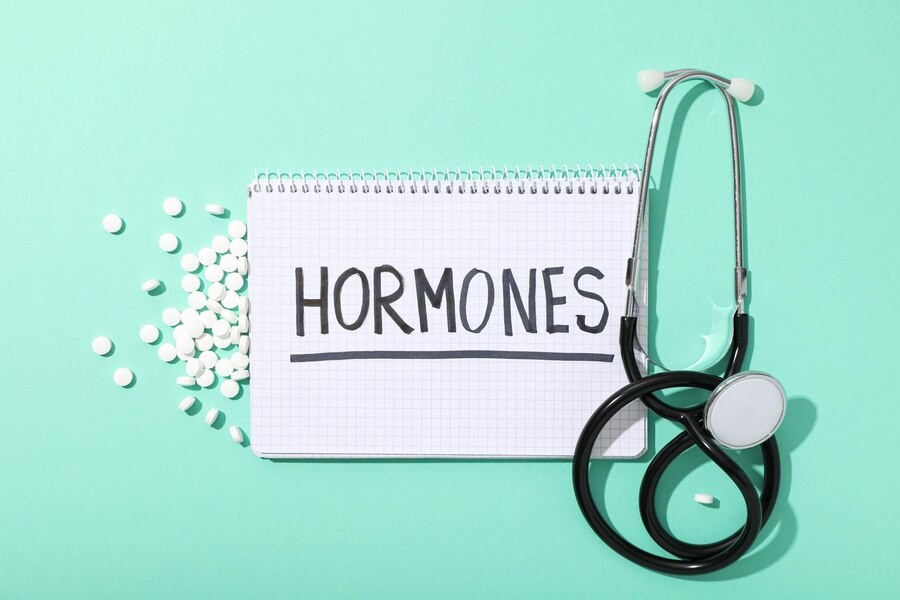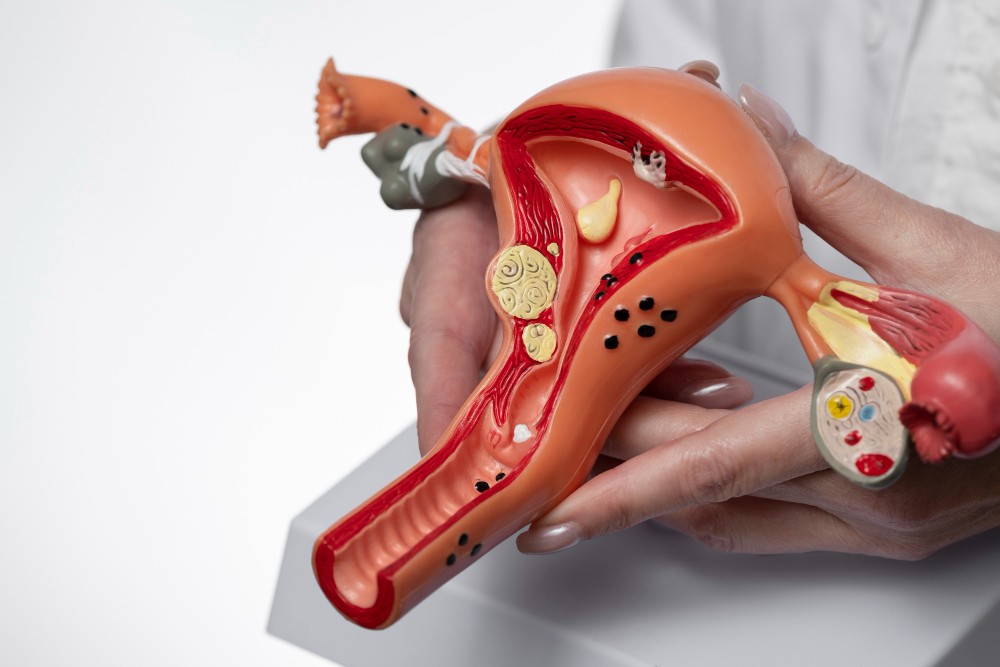Menstruasi merupakan siklus bulanan dimana wanita mengeluarkan darah dari vagina. Selama menstruasi, darah yang dikeluarkan sebanyak 2-3 sendok makan atau sekitar 30-40 ml selama 4-5 hari. Pada kondisi menoragia, seseorang dapat mengeluarkan darah hingga lebih dari 80 ml selama lebih dari 7 hari. Apa penyebab menoragia dan bagaimana cara mengatasinya? Simak dalam artikel berikut.
Apa Itu Menoragia?
Menoragia (menorrhagia) adalah perdarahan menstruasi berat dimana Anda mengeluarkan darah lebih banyak dari menstruasi normal pada umumnya. Beberapa tanda Anda mengalami menoragia di antaranya:
- Menstruasi lebih dari 7 hari
- Darah menstruasi mengalir deras sehingga Anda harus mengganti pembalut cukup sering
- Perlu menggunakan beberapa pembalut sekaligus untuk mencegah kebocoran darah
- Perlu mengganti pembalut di tengah malam
- Mengeluarkan gumpalan darah yang berukuran cukup besar
- Badan terasa lemas dan tidak berenergi
- Sulit menjalani aktivitas sehari-hari
- Nyeri perut bagian bawah
- Sesak napas
Jika Anda mengalami menstruasi sangat deras sehingga Anda perlu mengganti pembalut atau tampon setiap jam selama lebih dari 2 jam berturut-turut dan mengalami perdarahan di antara jadwal menstruasi serta perdarahan vagina setelah menopause maka sebaiknya segera periksakan diri ke dokter.
Baca Juga: Penyebab Nyeri Payudara Sebelum Menstruasi, Berbahayakah?
Penyebab Menstruasi Berat (Menoragia)
Menstruasi yang deras dapat disebabkan oleh banyak hal, mulai dari masalah hormonal, kondisi medis, hingga pengaruh obat-obatan yang dikonsumsi. Beberapa penyebab menstruasi berat antara lain:
Ketidakseimbangan hormon
Ketidakseimbangan hormon estrogen dan progesteron dapat memengaruhi seberapa deras darah yang dikeluarkan saat menstruasi. Jika Anda mengalami ketidakseimbangan hormon tersebut, Anda dapat mengalami perdarahan menstruasi yang deras. Beberapa kondisi yang menyebabkan ketidakseimbangan hormon antara lain:
- Anovulasi
- Penyakit tiroid
- Sindrom ovarium polikistik (PCOS)
- Obesitas
Baca Juga: Jenis-Jenis Gangguan Menstruasi yang Mungkin Dialami
Fibroid uterus
Fibroid uterus adalah munculnya jaringan atau tumor jinak di area rahim. Jaringan ini dapat tumbuh di sisi dalam, dinding otot, atau sisi luar rahim. Tumbuhnya jaringan abnormal dapat menyebabkan perdarahan deras saat menstruasi.
Adenomiosis
Adenomiosis adalah tumbuhnya kelenjar dari lapisan rahim ke dalam dinding rahim. Kondisi ini menyebabkan dinding rahim menebal sehingga memicu perdarahan menstruasi yang deras dan nyeri haid.
Penggunaan IUD
IUD adalah alat kontrasepsi yang dipasang di dalam rahim. Terdapat dua jenis IUD, yaitu IUD berlapis tembaga dan IUD hormonal. Pemakaian IUD berlapis tembaga diketahui dapat memicu perdarahan berlebih, hingga perdarahan di luar menstruasi dan nyeri haid yang cukup parah.
Jika Anda mengalami menstruasi berat setelah penggunaan IUD tembaga, sebaiknya bicarakan dengan dokter mengenai pilihan kontrasepsi lainnya.
Obat-obatan
Penggunaan obat-obatan dapat menyebabkan perdarahan menstruasi menjadi berat atau lama. Jenis obat-obatan yang memengaruhi perdarahan di antaranya obat-obatan hormonal seperti pil KB dan obat-obatan untuk mencegah pembekuan darah.
Kondisi medis lainnya
Sejumlah kondisi medis lainnya dapat menyebabkan perdarahan menstruasi yang berat. Kondisi tersebut meliputi:
- Penyakit hati
- Penyakit ginjal
- Penyakit tiroid
- Komplikasi kehamilan seperti plasenta previa
- Kanker rahim
- Gangguan perdarahan genetik
Perdarahan berat saat menstruasi atau menoragia dapat mengganggu aktivitas Anda sehari-hari. Jika Anda mengalami kondisi tersebut, sebaiknya periksakan ke dokter untuk mendapatkan penanganan yang sesuai. Anda juga dapat memanfaatkan fitur konsultasi pada aplikasi Ai Care yang bisa diunduh melalui App Store dan Play Store.
Mau tahu informasi seputar penyakit lainya? Cek di sini, yah!
- dr Nadia Opmalina
Mayo Clinic. Heavy Menstrual Bleeding. Available from: https://www.mayoclinic.org/diseases-conditions/menorrhagia/symptoms-causes/syc-20352829
Cleveland Clinic. Menorrhagia (Heavy Menstrual Bleeding). Available from: https://my.clevelandclinic.org/health/diseases/17734-menorrhagia-heavy-menstrual-bleeding
The American College of Obstetricians and Gynecologists. Heavy Menstrual Bleeding. Available from: https://www.acog.org/womens-health/faqs/heavy-menstrual-bleeding
CDC. (2024). About Heavy Menstrual Bleeding. Available from: https://www.cdc.gov/female-blood-disorders/about/heavy-menstrual-bleeding.html












